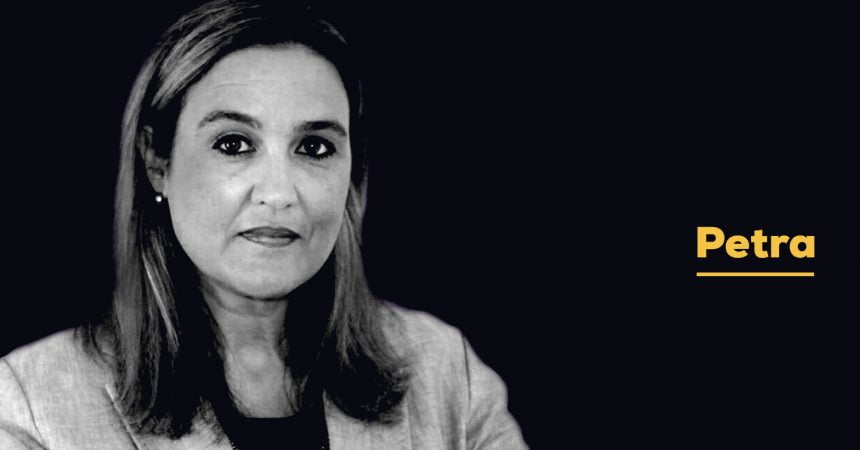During the Labour Party leadership campaign, Robert Abela was presented as the “continuity candidate”. While this may have pleased the hard-core Labour Party members who voted for him, this certainly is not desired by a wider majority.
People also want change. The negative elements of Joseph Muscat’s administration must be changed, not continued.
Muscat has ended his stint as prime minister prematurely and under a dark cloud. Abela cannot want to live under that cloud with him. He must strike out and create his own image as leader, and set his own priorities.
Whatever his achievements were, Muscat will also be remembered for the series of corruption scandals which took place on his watch. And for the events of the last two months when the trail of the Daphne Caruana Galizia murder investigation led directly to his office.
But besides all that, when the dust has settled there are many other areas which Abela must reform. Taking stock of how Malta’s environment has fared since 2013, results in a big fail. The building boom which Muscat encouraged has wreaked havoc on streets and landscapes everywhere. The construction industry has spiralled out of control.
The day after a large environmental protest in September 2019, Muscat had claimed that having a strong economy would enable the country to address its environmental challenges.
But despite Muscat’s promises to pay attention to environmental protection before his election as prime minister, in reality environment NGOs and civil society are utterly exhausted by the many environmental battles they have had to face over the last six and a half years.
Malta Developers Association head Sandro Chetcuti has denied the claims made by speaker Anglu Farrugia, who said that Chetcuti played an influential role in the PL headquarters in the run up to the 2013 electoral victory. But this denial will not change the impression that the PL is very close to the developers’ lobby.
Since 2013, widespread changes to planning policies have mainly catered for the needs of the building industry, with heritage and environmental concerns playing second fiddle. The demerger of MEPA into the Planning Authority and the Environment and Resources Authority, has created a structural imbalance. Unless the environment and heritage authorities are given more weight in planning decisions, this will not change.
Abela did not mention environmental challenges in his inaugural speech on Monday. But he is certainly familiar with them. Since 2001, his law firm has continuously provided legal services in this sector, first to MEPA and now to the PA.
His law firm has also secured work from the environment ministry, with a contract for legal consultancy worth €130,000 awarded by direct order from José Herrera’s environment ministry in 2019.
Civil society’s objections, through established NGOs together with grass root groups, did occasionally make a difference in recent years. For example, the expansion of the Bulebel industrial estate was withdrawn, and the extension of the American University of Malta campus in Cospicua was rejected.
But many other objections were ignored, such as the DB high-rise tower in St George’s Bay. This only hit a hurdle due to a court ruling that a conflict of interest of one of the board members had undermined the decision.
The government has also ignored civil society’s appeals against the road-widening project in Attard. The fuel station policy review has not been finalised, enabling ODZ petrol stations to be approved and destroying precious open space.
Besides the big projects, innumerable small building projects are going on everywhere, with roads constantly jammed with cranes and choked in dust. Countryside ruins are transformed into villas and vernacular heritage is destroyed to make way for insensitive new buildings, often totally out of scale with their surroundings.
Economic growth has come at a massive environmental cost. It would be disastrous if Abela intends to continue on the lines of Muscat’s environmental legacy.
Abela should not allow himself to be identified with Muscat’s shortcomings, existing in the shadow of a former strong leader. He can surely do better than that.












